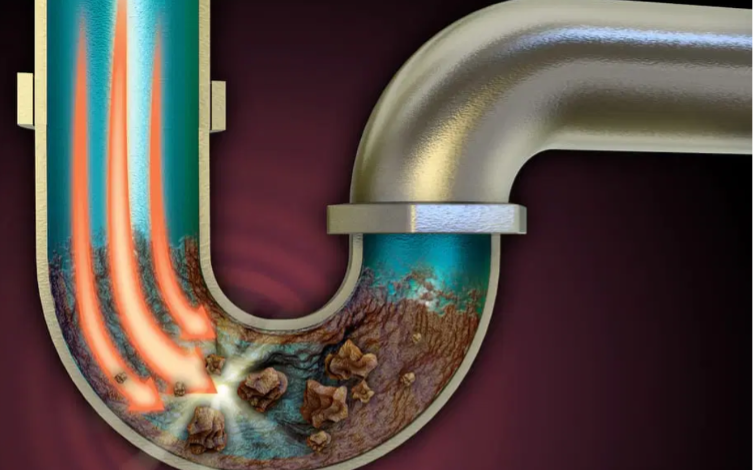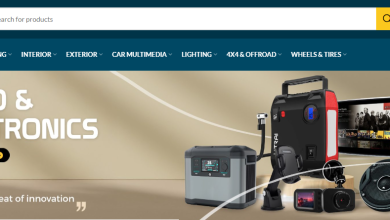Say Goodbye to Clogs: Effective Strategies for Preventing Blocked Drains

Blocked drains can lead to a plethora of issues, from unpleasant odors to costly plumbing repairs. Homeowners and businesses alike must adopt effective strategies to prevent clogs and ensure smooth water flow in their plumbing systems. This article will explore essential techniques for preventing blocked drains and discuss the role of professionals in managing drainage issues. Additionally, we will examine the benefits of installing a water softener unit to help mitigate future problems.
Understanding the Causes of Blocked Drains
Before delving into prevention strategies, it is crucial to understand the common causes of blocked drains. Common culprits include:
- Hair and Soap Residue: Hair can accumulate in bathroom drains, while soap residue can create a sticky substance that traps debris.
- Food Waste: Kitchen sinks are prone to clogs from food particles, grease, and oils that solidify and block pipes.
- Foreign Objects: Small items, such as toys, wipes, or feminine hygiene products, can inadvertently be flushed down toilets or washed down sinks, causing blockages.
- Tree Roots: In outdoor drainage systems, tree roots can infiltrate pipes, leading to severe clogs.
By understanding these causes, homeowners can take proactive measures to prevent blockages.
Regular Maintenance and Inspections
One of the most effective strategies for preventing blocked drains is regular maintenance and inspections. Homeowners should schedule periodic plumbing checks to identify potential issues before they escalate. During these inspections, plumbing professionals can:
- Assess the condition of pipes and drains
- Clean and clear minor blockages
- Provide recommendations for maintaining a healthy drainage system
Routine maintenance not only prevents clogs but also extends the lifespan of plumbing systems.
Implementing Proper Disposal Practices
Educating all household members or employees about proper disposal practices is vital for preventing clogs. In kitchens, it is essential to dispose of food waste in a compost bin or trash can rather than rinsing it down the sink. Additionally, using a sink strainer can capture debris and prevent it from entering the drain.
In bathrooms, avoid flushing anything other than toilet paper. Discard items like cotton balls, wipes, and sanitary products in designated trash bins to prevent foreign objects from causing blockages.
Utilizing Enzyme Drain Cleaners
Enzyme drain cleaners are an eco-friendly alternative to harsh chemical cleaners. These products contain natural enzymes and bacteria that break down organic material in drains. Regular use can help maintain clear pipes and prevent the buildup of sludge and debris.
It is advisable to use enzyme cleaners periodically, especially in high-traffic areas such as kitchens and bathrooms, to ensure the long-term health of your plumbing system.
Experts Help for Blocked Drains Services: Ensuring Professional Assistance
Despite the best preventive measures, blocked drains can still occur. In such cases, seeking professional help is crucial. Experts in blocked drain services offer specialized knowledge and equipment to effectively diagnose and resolve drainage issues. Key benefits of professional services include:
- Advanced Equipment: Professionals use tools like video inspection cameras to pinpoint the exact location of a blockage, allowing for targeted solutions.
- Expertise in Drainage Systems: Plumbing experts have extensive training in drainage systems and can provide tailored solutions based on specific issues.
- Preventive Maintenance Plans: Many plumbing companies offer ongoing maintenance plans to ensure drains remain clear and functional, reducing the likelihood of future clogs.
Engaging with professionals can save homeowners time and money in the long run by addressing problems before they become severe.
Install Water Softener Unit: A Preventive Measure for Clogs
Hard water contains minerals like calcium and magnesium, which can contribute to the buildup of scale in pipes and drains. Installing a Water Softener Unit can help mitigate these issues. A water softener works by removing these minerals, thus preventing scale formation and ensuring smoother water flow.
Benefits of Water Softener Units
- Reduced Scale Buildup: Softened water minimizes the accumulation of limescale in pipes, reducing the risk of blockages.
- Improved Plumbing Efficiency: With softer water, appliances and fixtures can operate more efficiently, leading to potential energy savings.
- Enhanced Cleaning: Softened water improves the effectiveness of soaps and detergents, leading to cleaner dishes, clothes, and surfaces, which, in turn, reduces soap residue buildup in drains.
Installation Considerations
When considering the installation of a water softener unit, consult with a professional to determine the best type for your home and plumbing system. Options range from salt-based systems to salt-free alternatives, each with its unique benefits. A qualified plumber can assess your specific needs and recommend the most suitable solution.
Conclusion
Preventing blocked drains requires a multifaceted approach, including regular maintenance, proper disposal practices, and the use of eco-friendly solutions like enzyme cleaners. Engaging with experts for blocked drain services ensures that homeowners can address any issues efficiently and effectively. Additionally, installing a water softener unit can significantly reduce the risk of clogs caused by hard water. By adopting these strategies, homeowners can say goodbye to clogs and enjoy a smoothly functioning plumbing system for years to come.









